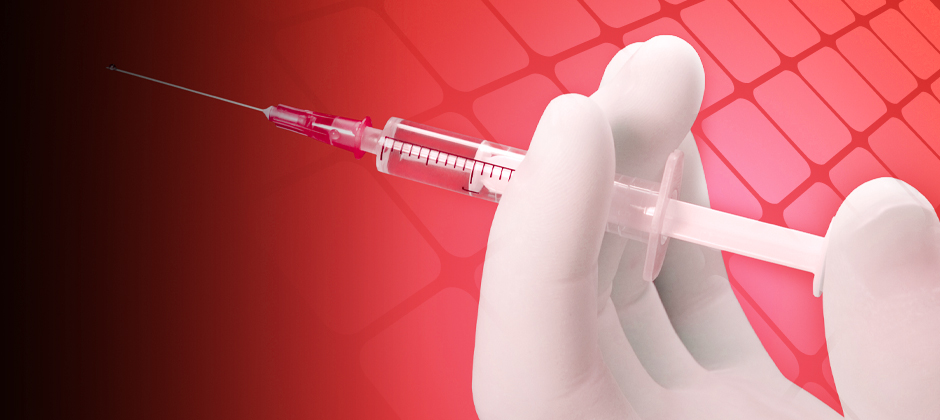Syringe Suppliers
 Throughout history, syringes have been used in a variety of applications – including suctioning cataracts off of patients in the 13th century! In modern times, they are invaluable for intravenous applications and subcutaneous administration of medication – or in the withdrawal or transfusion of blood or other bodily fluids. Having the right kind of syringe for a specific medical application can mean the difference between life and death for a patient.
Throughout history, syringes have been used in a variety of applications – including suctioning cataracts off of patients in the 13th century! In modern times, they are invaluable for intravenous applications and subcutaneous administration of medication – or in the withdrawal or transfusion of blood or other bodily fluids. Having the right kind of syringe for a specific medical application can mean the difference between life and death for a patient.
Working With A Syringe Supplier
Syringe suppliers understand the critical needs of the medical industry, and have adopted a nearly fail safe process to ensure that they meet or exceed these stringent requirements. Although the way a syringe is used hasn’t changed over the years (a simple piston construction driving or suctioning fluid through a needle and tube), today’s advances in technology mean that syringes can be fully customized to suit just about any need or medical application. Reliable syringe suppliers will have taken the steps necessary to become ISO compliant and FDA certified. They often have their own in-house production and quality control measures in place and work with inspection teams to ensure the utmost reliability and quality in manufacturing at all times.
Syringe Supply Components
All syringe suppliers use the same basic raw materials to create the syringe. The materials are regulated for safety and sterility in the medical setting, and must be biodegradable and non-toxic because of their interaction in the human body. Whether you’re using disposable syringes or glass syringes – all modern medical supplies are generally kept in air tight sealed bags to prevent contamination of the instruments. Non-disposable syringes (generally made of glass) can be sterilized in an autoclave.
Beyond the raw materials, most syringes are made up of three, four or five parts including the barrel, pump, needle and plunger. Each of these components can be customized by a syringe supplier, however certain facets of them – such as the metal used in the needle and the nickel plated coating, are fairly standard across the medical industry. Even the labeling has to be completely accurate to ensure the proper dosage or amount of fluid removed from the body. All in all, syringe suppliers understand that however simple the device may seem, the various parts all need to be exact and come together flawlessly.
Customizing The Parts To Meet Your Needs
Even though they manufacture thousands of parts a day, syringe suppliers are able to tweak and adjust various areas of the process to meet your specifications. They can adjust the width or length of the needle, adjust the height or weight of the barrel, color code the locking mechanism (called a Luer Lock) or the barrel for easy identification and complete the process with sealed packaging for added safety and sterility. Piece assembly is generally automatic while line inspectors look for any mis-shapen parts or incorrect/poorly fitting sections which are then discarded. From start to finish, the entire process is carefully controlled and precise down to the exact details, giving you confidence in direction when working with an approved syringe supplier.


